Breastfeeding has numerous physical and emotional benefits for parents and babies—for instance, it strengthens babies’ immune systems, provides nourishment and comfort, and reduces breastfeeding parents’ risk of certain cancers.
One less talked about benefit: it can also be pretty convenient for busy parents on the go.
While many parents prefer to breastfeed from the comfort of home, your baby will eventually get hungry while you’re out running errands, sharing a meal at a restaurant with loved ones, or picking up your toddler from preschool. Even if you try to time your outings just right, factors like growth spurts and missed naps can make the breastfeeding schedule unpredictable.
The solution, often, is to simply feed your child right then and there. But for many parents, it may not be as simple as that. Despite its benefits, breastfeeding in public can feel uncomfortable, even scary, for some parents.
If you’ve ever been worried about having to breastfeed in public, you’re not alone—52% of parents reported feeling uncomfortable breastfeeding in public, and 27% said they have felt embarrassed.
There’s no need to feel ashamed about feeding your baby in the way that works best for you. If you’ve decided that breastfeeding is the best choice for your family, there are ways to increase your confidence while breastfeeding in public and address the stigma around the practice.
Here is some information about legal protections for breastfeeding parents and our top tips and tricks for breastfeeding in public.
Yes. Breastfeeding in public is legal in all 50 U.S. states as well as Washington D.C., Puerto Rico, and the Virgin Islands. This has been true since 2018, although people have varying levels of comfort with public breastfeeding and different opinions about where and when it’s socially acceptable.
Additionally, in most states, breastfeeding is explicitly exempted from public indecency laws, meaning a parent cannot be charged for indecent exposure while breastfeeding. There is a general trend toward fewer restrictions on breastfeeding in public in the United States, and the law often lags behind societal norms.
Of course, just because breastfeeding in public is legal does not mean it’s always comfortable. Some individuals have faced unwanted attention, stigma, insensitive comments, or even requests to leave public places while breastfeeding.
If you’re breastfeeding, planning ahead to keep yourself comfortable when breastfeeding in public can help you maintain your breastfeeding goals. Here are some ideas.
If you know you’re going to be away from home during your baby’s typical feeding time, research your location to determine whether any private breastfeeding rooms or breastfeeding pods are available. In many states, public places like museums, government buildings, and airports are legally required to provide designated breastfeeding spaces. (Not sure what your options are? This app offers a convenient way to search for one.)
Planning a breastfeeding-friendly outfit like a wrap dress or a loose top, can help you feel less exposed when breastfeeding in public. Wearing a snap-off breastfeeding camisole underneath your outfit can even keep your stomach covered while breastfeeding if desired.
If the thought of exposing your breast—or the potential reaction it might cause—is a source of concern, packing a breastfeeding cover or a muslin burp cloth in your stroller or diaper bag can alleviate your anxiety. These stretchy covers shield you from prying eyes while breastfeeding. As a bonus, covering your baby may prevent them from getting distracted during public breastfeeding sessions.
While breastfeeding in a sling isn’t for everyone, some parents choose to breastfeed in public while keeping their baby in a chest sling or infant carrier for both privacy and convenience. If you want to try this, try practicing it at home or in a comfortable location first, since it can take some babies time to get used to breastfeeding in a carrier.
If you’re able, bring a companion—such as a partner or a friend—the first few times you breastfeed in public. Having a supportive friend or family member with you can increase your comfort level.
For some parents, breastfeeding in front of anyone is intimidating, let alone strangers. Practicing breastfeeding at home in front of friends, partners, or family members can help normalize the experience.
Breastfeeding in public can be overwhelming if you’re feeling isolated in your breastfeeding journey. Connecting with an IBCLC or a breastfeeding support group can give you the space to explore your feelings and come up with ways to achieve your breastfeeding intentions—including breastfeeding in public—in a safe environment. For example, they can share ideas on:
Most people will never be on the receiving end of criticism or stigma when breastfeeding in public. Instead, you may be more likely to hear encouraging and kind words as you feed your baby in public.
However, even a sideways glance from a stranger can leave some parents feeling embarrassed or anxious about their decision to breastfeed in public.
Whether you’re subject to overt discrimination or perceived social judgment while breastfeeding in public, there are some powerful ways to respond to protect your mental well-being while meeting your breastfeeding goals.
Try:
Having a strong support system can make navigating the ups and downs of any breastfeeding journey more manageable. If you could use support establishing a breastfeeding relationship with your child or maintaining it based on your intentions, connecting with an international board-certified lactation consultant (IBCLC) can help.
At Nest Collaborative, our unbiased, evidence-based, multi-lingual team increases access to lactation support by providing virtual appointments, offering flexible appointment windows, and even assisting patients with insurance billing.
If breastfeeding challenges arise, you don’t have to navigate them alone. Contact us today to schedule a convenient virtual lactation appointment with a Nest Collaborative IBCLC.
